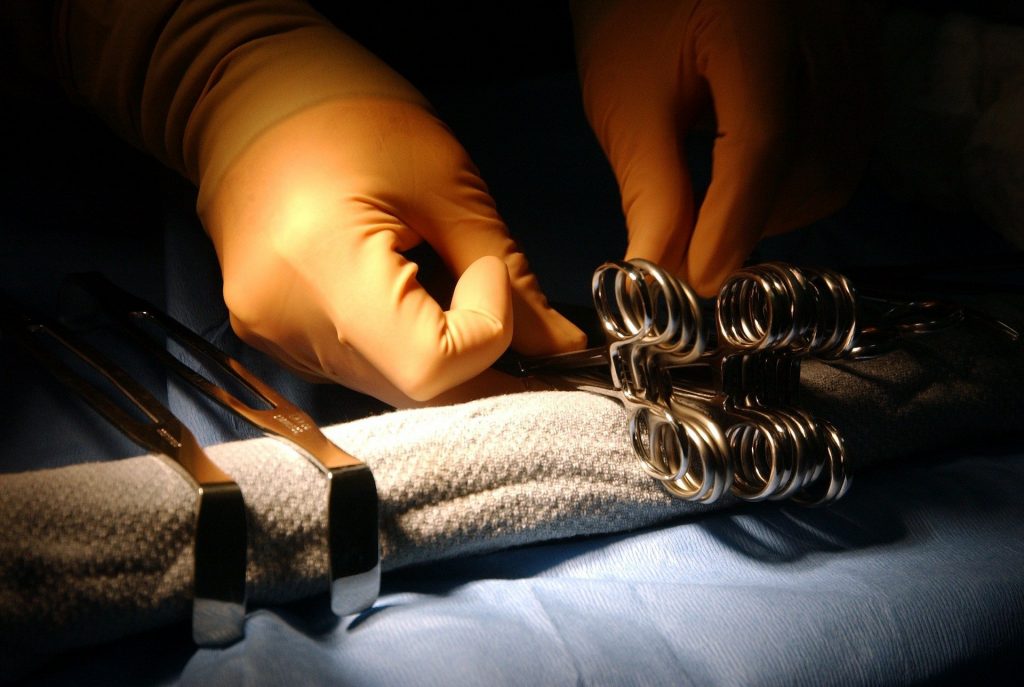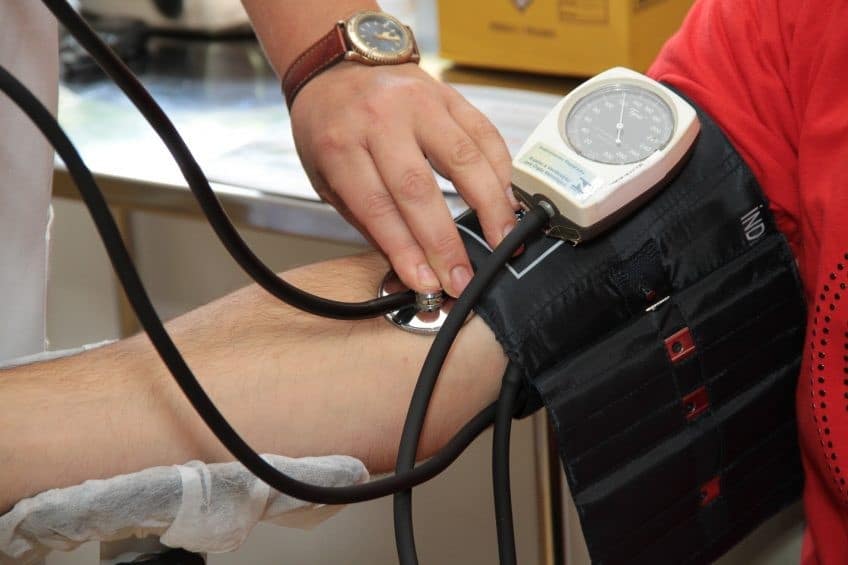Defamation In Medical Records
Medical Malpractice In the case of Halsey v. Hoffman, Case Number 2D22-3399 (Fla. 2nd DCA May 12, 2023), Florida’s Second DCA provided clarity on the issue of whether incorrect diagnoses that are perceived as defamatory in medical records is a type of medical malpractice that requires pre-suit compliance with Chapter 766, Florida Statutes.
In the case of Halsey v. Hoffman, Case Number 2D22-3399 (Fla. 2nd DCA May 12, 2023), Florida’s Second DCA provided clarity on the issue of whether incorrect diagnoses that are perceived as defamatory in medical records is a type of medical malpractice that requires pre-suit compliance with Chapter 766, Florida Statutes.
Facts of the Case
In this case, Dr. Halsey was sued by the patient (Hoffman) for defamation per se, slander per se, and negligent and intentional infliction of emotional distress. These claims did not outwardly contain an express medical malpractice case (i.e. breach of the generally accepted standard of care). In particular, the patient alleged that Dr. Halsey has falsely and maliciously imputed to her and labeled her with factitious disorder (factitious disorder being a serious mental or psychiatric disorder that is characterized by physical or psychological symptoms that are intentionally produced – in other words, a person suffering from factitious disorder ‘deceives others by appearing sick, by purposely getting sick, or by self-injury’).
Hoffman also appears to have alleged that Dr. Halsey was not qualified to determine whether or not she suffers from factitious disorder because he is not a specialist in psychiatry and that Dr. Halsey ‘knew or should have known’ that labeling her with factitious disorder was false because ‘he had not performed any testing of any sort.’ Hoffman alleged that she suffered damages with other doctors due to the fact that Dr. Halsey’s diagnosis of factitious disorder was used or included by other such doctors.
Dr. Halsey filed a motion to dismiss arguing that the claims made by the plaintiff related to medical care provided to the plaintiff and would be subject to medical malpractice requirements, including the pre-suit requirement, in Chapter 766, Florida Statutes. The trial judge denied Dr. Halsey’s motion to dismiss and allowed the plaintiff to proceed with the case as a defamation case rather than a medical malpractice case. Dr. Halsey appealed.
The Second DCA cited National Deaf Academy, LLC v. Townes, 242 So. 3d 303, 308
(Fla. 2018) to review the issue de novo as to whether the complaint seeks to allege a claim for medical malpractice. “The key inquiry under the statute is whether the action ‘aris[es] out of any medical, dental, or surgical diagnosis, treatment, or care.’ ” Fassy v. Crowley, 884 So. 2d 359, 364 (Fla. 2d DCA 2004) (alteration in original) (quoting J.B. v. Sacred Heart Hosp. of Pensacola, 635 So. 2d 945, 947 (Fla. 1994).
Needless to say, the Second DCA reversed and held that the plaintiff was required to comply with Chapter 766, Florida Statutes for medical malpractice dismissing the case.
Talk To A Medical Malpractice Lawyer in Lakeland, Florida
I encounter this type of issue on a regular basis as a question from potential clients. While the facts vary from case to case, I would say that it is legal for any “physician” under Florida law to make such a diagnosis. However, just because a physician can make a diagnosis does not necessarily mean that one should. The larger implication of this case is that Florida law is now clearer that disputes in medical records (in particular whether a doctor has your diagnosis wrong and that getting such diagnosis wrong is affecting how other doctors see you as a patient) is one of medical malpractice.
This means that one cannot simply sue a doctor for defamation for something contained in a medical record (even if completely untrue). Instead, the remedy would be to have another doctor sign a pre-suit affidavit complying with Chapter 766 that there is an incorrect diagnosis that falls below the generally accepted standard of care. Quite frankly, those are words that many doctors have difficulty saying, especially in an affidavit under oath.
While medical malpractice (if one can meet the legal requirements in Chapter 766) may be brought, perhaps these types of situations are ones that may be best left to the Florida Department of Health as an administrative remedy rather than the courts.
If you need assistance with your Florida medical malpractice case, call Russo Law for a free consultation to determine whether your medical malpractice issue has legal merit. Schedule your free consultation with an attorney today.


